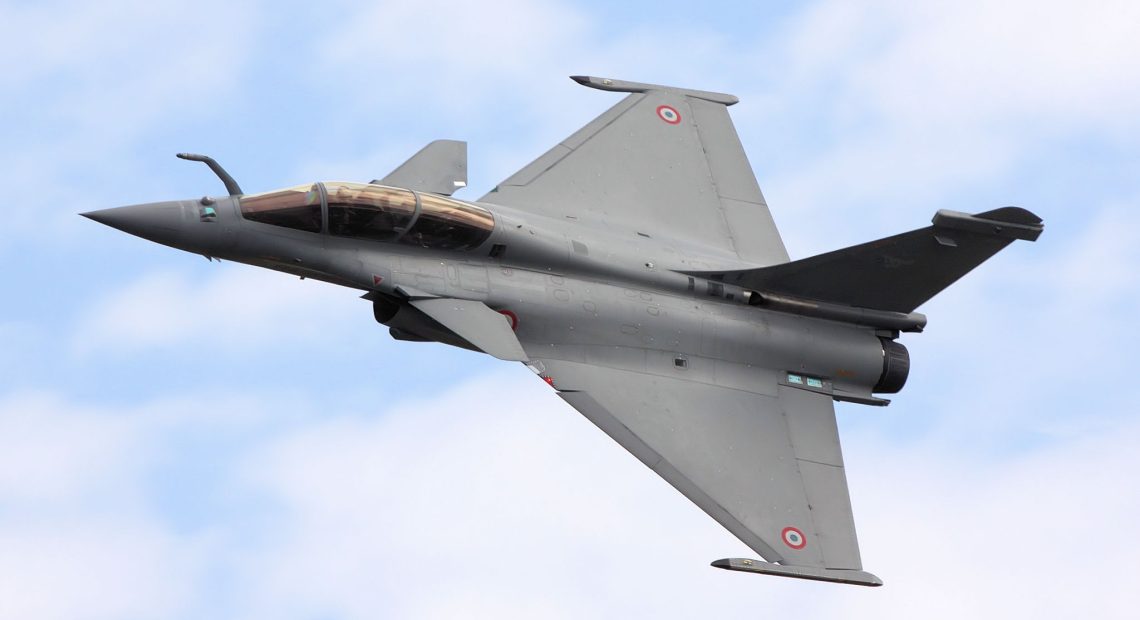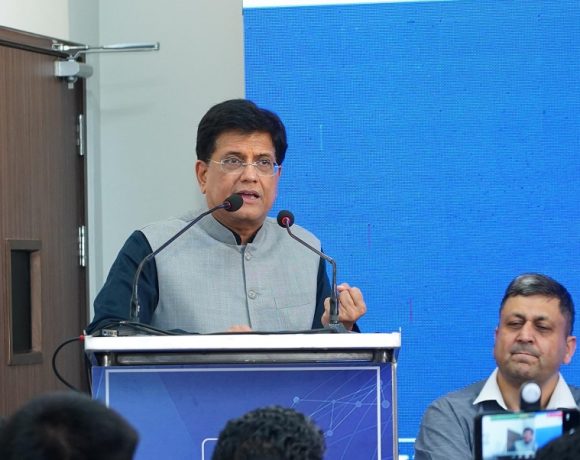
India Hits 9 Terror Camps in Pakistan and PoK
In a bold and precise military action, the Indian Army launched “Operation Sindoor” in the early hours of May 7, targeting nine terror sites across Pakistan and Pakistan-occupied Kashmir (PoK). This came as a direct response to the brutal terror attack in Pahalgam on April 22, which left 26 civilians dead, including 25 Indians and one Nepali national.
“Justice is served,” declared Indian officials after the successful air strikes, indicating the nation’s firm resolve to punish perpetrators of cross-border terrorism.
The targets included terror training camps and logistical hubs in key areas such as Bahawalpur and Muridke in Pakistan’s Punjab province, and Muzaffarabad and Kotli in PoK. These regions are known hideouts for groups like Jaish-e-Mohammed and Lashkar-e-Taiba, both long accused of orchestrating attacks on Indian soil.
The Indian Ministry of Defence confirmed that the strikes were strictly limited to terror infrastructure, deliberately avoiding Pakistani military assets. The operation was described as “focused, measured, and non-escalatory,” intended to neutralize the source of terrorism without widening the conflict.
Political Consensus and Cross-Border Fallout
The operation received broad support across political lines in India. Opposition leaders, while urging transparency and long-term strategy, expressed full solidarity with the armed forces. There was unanimous agreement that the nation’s security must remain paramount and uncompromising.
Meanwhile, Pakistani forces responded with heavy artillery shelling along the Line of Control (LoC), particularly in the Rajouri and Poonch sectors. India responded proportionately, ensuring the protection of border civilians. In light of escalating tensions, several schools in border districts of Punjab, including Pathankot, Ferozepur, and Amritsar, were closed as a precaution.
Global Reactions and Security Measures
The international community, while acknowledging India’s right to self-defense, expressed growing concern over the risk of escalation between two nuclear-armed neighbors. World leaders have urged restraint and called for immediate diplomatic dialogue to defuse tensions.
As precautionary measures, several flight routes were altered, and operations at airports across North India experienced disruptions. Civilian air traffic over Pakistani airspace was also affected, reflecting the heightened military alert in the region.


















